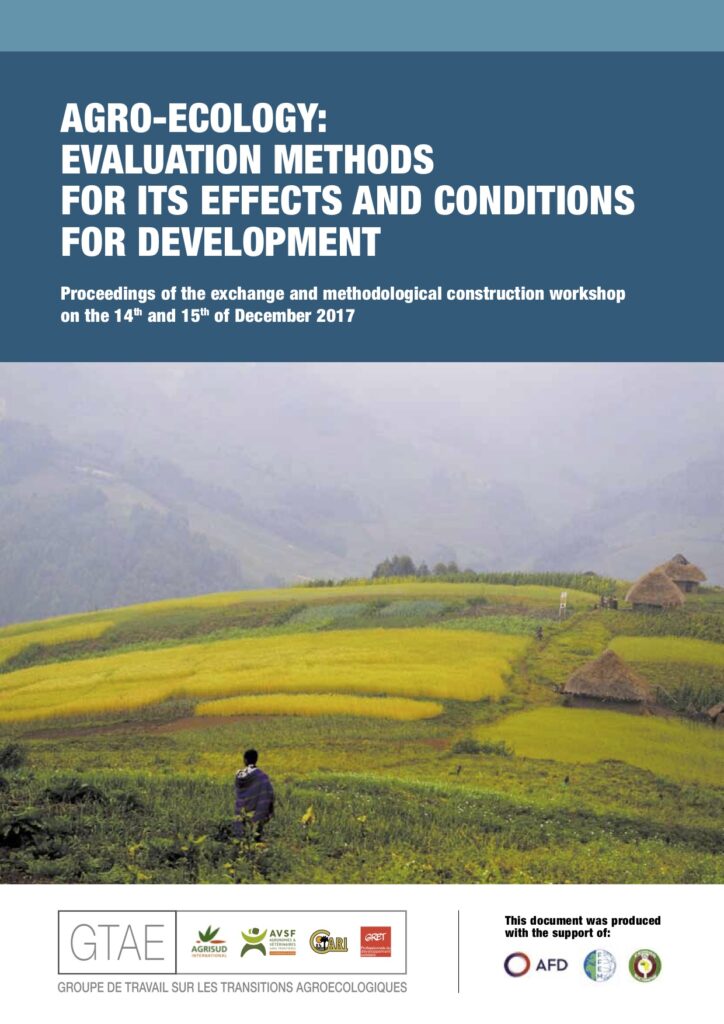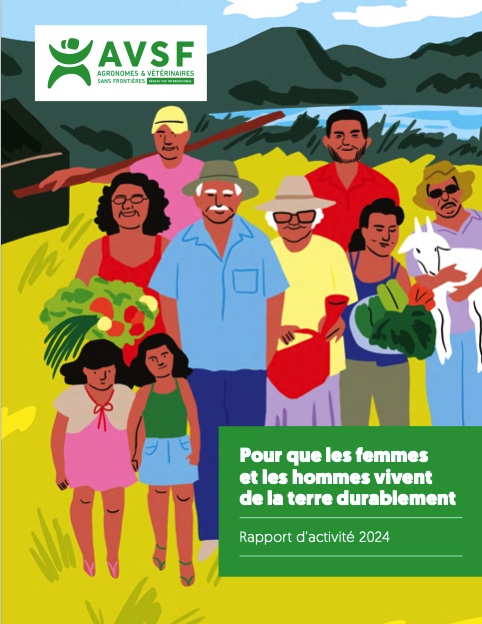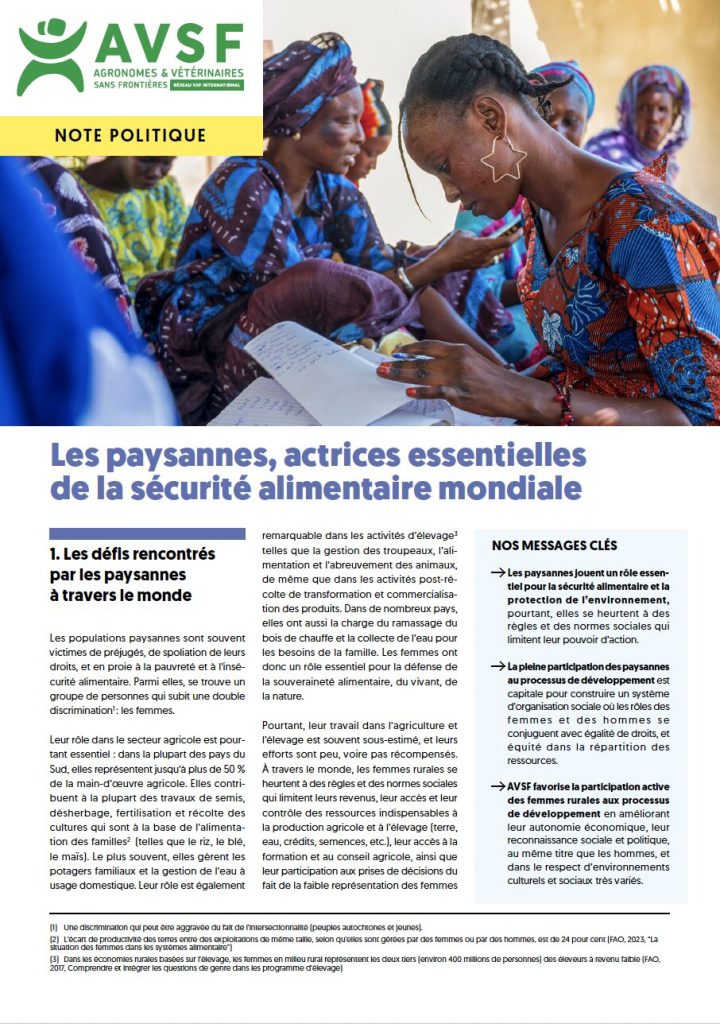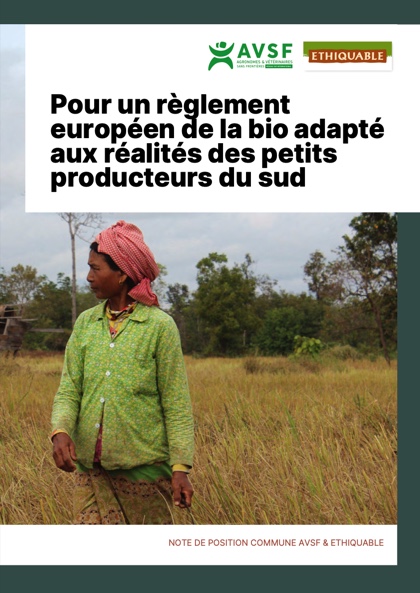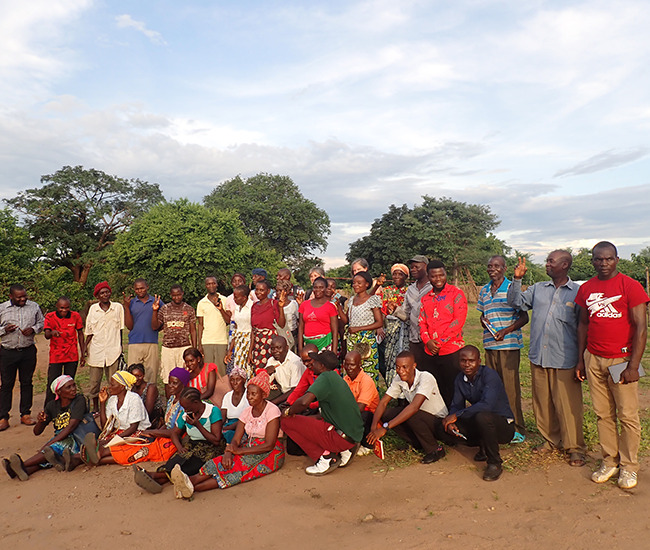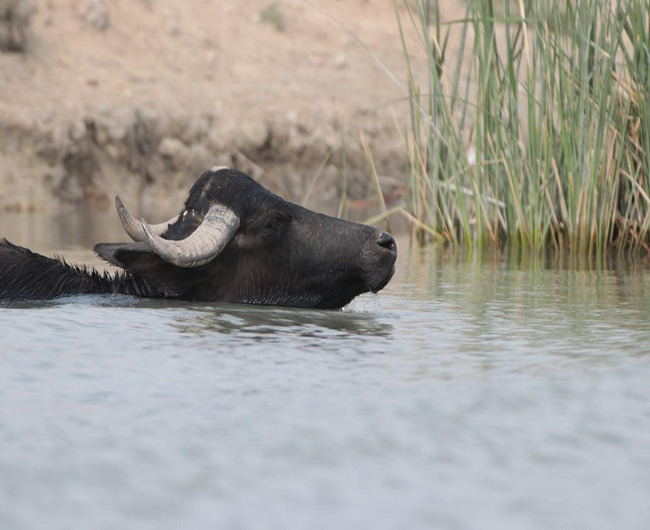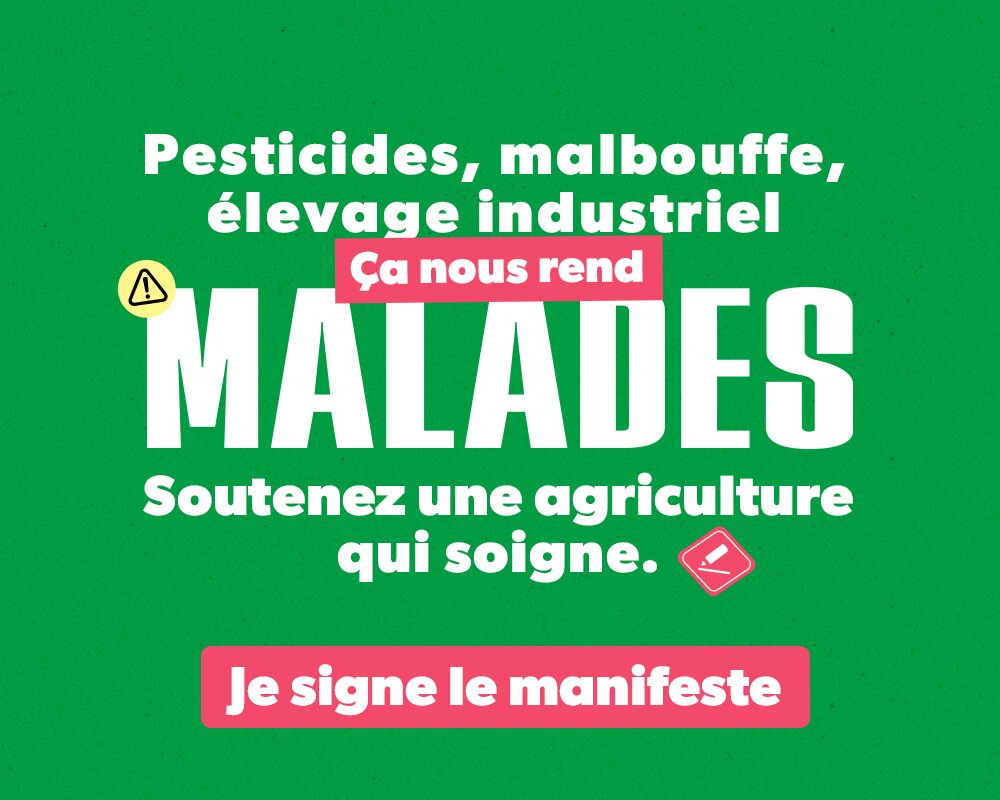Agroecology: evaluation methods for its effects and conditions for development
Proceedings of the exchange and methodological construction workshop on the 14th and 15th of December 2017
This document presents the work of the exchange workshop organized on December 14th and 15th, 2017 by the Working Group on Agroecological Transitions (GTAE in French – created par the French NGOs AVSF, Agrisud, CARI and Gret) and dedicated to methods to evaluate the performance of agroecology and development conditions. The event brought together a hundred international participants : development actors, researchers, members of farmers’ organizations, representatives of public authorities. The GTAE, in partnership with other NGOs and Universities, carried out in 2017, within the framework of the CALAO project “Capitalization of experiences of actors for the development of resilient agroecological techniques in West Africa” supported by ECOWAS and AFD, a draft common method for assessing the effects and impact of agroecological systems. The aim of this workshop was to present this method, to discuss it and to enrich it with other methodological experiences designed and implemented by research and develop- ment actors around the world.
The work of these two days highlighted the multiplicity of existing methods, but with the possibility of constructing a common standard for measuring the performance of agroecological systems. This involves analyzing the effects of practices and systems on different complementary scales of plot / farm / territory, using specific criteria and indicators for agro-environmental aspects (conservation of biodiversity, natural resources and soil fertility, carbon footprint, resilience to climate risks, etc.) and socio-economic aspects (income creation and added value, farm autonomy, work management, evolution of the control of resources by women and young people, product quality and economic valuation, protection of knowledge and farming cultures, etc.).
Thanks to this confrontation of methods, their interests, their limits and the conditions of their implementation, the workshop resulted in the proposal by the GTAE of a first evaluation grids with the indicators and potentially mobilizable tools for the measurement of socio-economic and agro-environmental effects of agro-ecological practices and systems. Regarding evaluation methods of factors that further or limit the development of agro-ecology, it appears the need to enrich the characterization of agroecological systems and practices through the analysis of the criteria determining the evolutionary trajectories of the systems and their “green level”.
This common base, which content remains to be refined, should enable development practitioners to better evaluate their actions and to compare situations from different territories with the challenge of both convincing policy makers of the relevance and the effectiveness of agroecological transitions on objective elements, but also to guide farmers advice and their support process in this transition.
